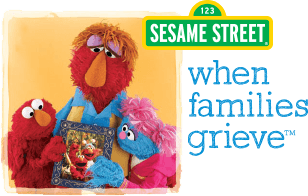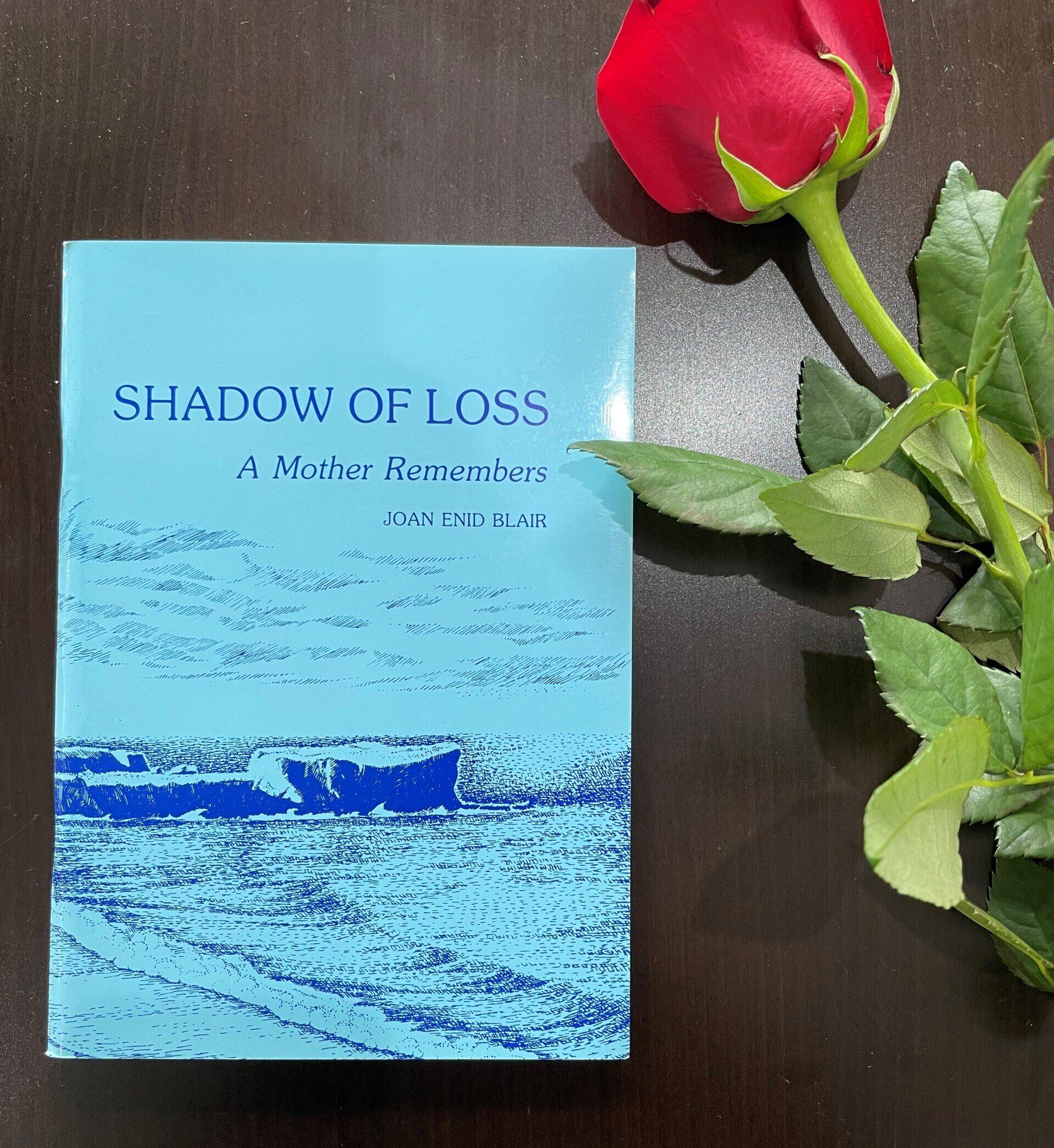Grief Support
Losing someone you love and care about is deeply painful.
You can experience a wide range of different feelings and emotions;
sometimes it can be hard to imagine that the anger or sadness will ever diminish.
Grief is a natural and normal response to loss – please know that you are not alone.
Don’t be afraid to lean on the people who care about you – reach out to your network of family and friends for support. Don’t be afraid to accept offers of assistance.
There is no right or wrong way to grieve.
There is, though, healthy ways to cope with the pain that will (in time) allow you to heal and resume your day-to-day activities.
Everyone experiences grief differently.
Just like the individuality of our life experiences, we all have our own unique coping styles.
The healing process is gradual.
It cannot be rushed, nor can it be ignored.
It is normal and human to cry - and normal and human to not.
Crying is a natural response to sadness – but it is also not the only response one can have.
There is no set timeframe to grieve.
Don’t try to compare yourself to others; healing time is different for every individual.
Don’t deny yourself feelings – whatever they may be.
Allow yourself to express your feelings in a safe and healthy manner. Talk to a trusted friend.
Join a support network or write your feelings down.
Don’t forget to take care of your physical health.
Your body and mind are connected. Though it may be difficult, be sure to listen to your body and what it needs.
A warm drink, a nap - nurturing your physical health will aid you in recovering emotionally.
Grief Support
While a Funeral or Memorial Service can help to bring closure, sometimes we need a little extra support.
Our preferences on where we turn to for that support will vary from person to person.
A few suggestions for grief support include:
Expressing your feelings.
Be honest about how the loss of your loved one has affected you. Putting those feelings into words (or writing them), or perhaps channeling your feelings creatively (such as a poem or artwork).
Continue to connect.
Isolating yourself during a period of grief can be counterproductive. While it can be very difficult to appreciate the gift of life given the loss of a loved one’s, it is important to keep yourself occupied and surrounded by friends and family.
Explore other culture’s rituals.
Learning how other cultures process death and mourning may provide useful as a source of grief support. Learning about Maori customs for example, or traditional Aboriginal funeral processes (“Sorry Business”) may illuminate some of your own attitudes or biases surrounding death and grief – and perhaps help you to process your feelings.
Therapy.
It’s completely normal and natural to feel sad after a loved one passes. But if that feeling isn’t subsiding and is impacting on your quality of life, it may be time to have a chat with a counsellor or healthcare professional.
Grief Support Groups
Lifeline Australia
Lifeline Australia are a national charity providing all Australians experiencing emotional distress with access to 24-hour crisis support and suicide prevention services.
Lifeline exists to ensure that no person in Australia has to face their darkest moments alone.
R U OK?
R U OK? is an Australian non-profit suicide prevention organisation founded in 2009. It revolves around the slogan, "R U OK?" (Are You Okay?), and advocates for people to have conversations with others.
R U OK? works collaboratively with experts in suicide prevention and mental illness, as well as government departments, corporate leaders, teachers, universities, students and community groups.
Bears of Hope
Bears of Hope is an Australian registered not-for-profit organisation managed solely by a dedicated team of bereaved parents. Their mission is to provide ongoing comfort, support and counselling to parents and families who have experienced the loss of a baby during pregnancy, birth and infancy.
#talk2mebro
#talk2mebro was developed to help reduce the number of males who commit suicide. Their aim is to create societal change through early intervention; by reducing the stigma around suicide and encouraging men to feel comfortable with discussing what they are going through.
Grief Support for Children
It’s common for people to hesitate or withhold talking about a death, particularly with children.
It can be difficult to know how to help your children cope with loss, especially as you are working through your own grief. By encouraging communication through sharing your own open and honest feelings, you can begin the healing journey together as a family. A child’s ability to understand death will vary depending on their age.
Toddlers can sense the grief and stress of their parents and family members. They can feel the loss through the absence of their loved one, and the interruption to their regular routine. Try to keep them to a regular schedule as much as possible and be sure to allow time for extra cuddles.
Young children
may have trouble understanding the permanency of death, or the difference between reality and fantasy. They may also believe that the loved one’s death is a form of punishment for something they have done. When discussing death with younger children it is best to avoid any euphemisms and reassure the child that their death is not a consequence of something they have done.
Older children begin to grasp the permanency of death and tend to associate this with old age (or in some cases, a frightening image or ‘boogieman’). Older children tend to have more questions and a better understanding of how bodies work. Answering their questions to the best of your ability. Offer factual, specific answers and information where possible. Be sure to provide opportunities for them to vent their feelings and grief in constructive ways.
Teenagers
process their grief much like adults do; experiencing feelings such as anger and sadness.
Teenagers tend to confide more about their feelings to their friends, rather than their parents – try not to feel disappointed if it seems this way. This is normal and will help them to heal. Similar to adult grief, teenagers take longer to recover than younger children. They may have more complex questions regarding mortality. Your role as a parent is to simply listen, empathize, and remind them that their feelings are normal. Things will get better with time.
Discussing Death with Children
Use proper terms when talking about death
Don’t shy away from the word ‘dead’ and ‘death’. While it may seem kinder and gentler to use words like ‘passed away’ or ‘gone to sleep’, this could confuse a child and make it difficult for them to understand the finality of death.
Use body terms
If a child has difficulty understanding, try explaining in terms such as, “Uncle Joe’s body stopped working”.
Encourage children to ask questions
And answer them as best you can.
If you don’t know the answer – be honest
‘I’m afraid I don’t know the answer to that one”, can sometimes be more comforting than a ‘made-up’ answer (or one that you yourself do not believe).
Give your children a safe place to express their feelings.
They will probably be dealing with a lot of emotions; some they’ve never felt before. Offer them time to speak openly about their feelings and thoughts.
Recovery is an ongoing process.
Younger children tend to alternate between periods of ‘normalcy’ and intense grief. Remember that grief healing is an ongoing process, as it is for adults, too.
Listen and reassure them.
As a result of a loved one’s death, it is common for children to develop fears. Whether it is an irrational fear, a fear of losing you, or that they have somehow contributed to their loved one’s death, ensure you spend time listening and reassuring your child to help relieve their fears.
Don’t try to hide your own grief.
It’s important for your children to know that grown-ups cry when they are sad, too – that feelings are normal to have and talk about. Reassure them that you are okay, and that you can find comfort in one another by talking about remembering your loved one together.
Don’t be afraid to seek professional help.
It’s completely normal and natural for children, like adults, to feel sad after a loved one passes. But if their feelings are impacting on their quality of life, it may be time to have a chat with a counsellor or healthcare professional.
Helpful Resources
When Families Grieve™
Created by Sesame Workshop, it explores a child’s understanding of death and offers parents information about communicating, coping and moving forward as a family following the loss of a loved one.
Online Grief Sessions
Since March 2020, Nathan MacArthur and Wendy Liu have facilitated a range of live, online Grief Information Sessions. Topics include: Beyond the Basics - A Practical Guide to Grief, Grieving After a Sudden Death, Grieving After an Anticipated Death, Grieving the Death of a Spouse, Grieving the Death of a Parent, Grieving the Death of a Child, and Coping with Anniversaries and Special Occasions.
These sessions provide sensitive and accessible information about grief, and strategies to help people cope. Families living in lockdown, areas with limited access to mental health services, or where these services have lengthy waiting lists, have particularly valued this support.
Dailey Family Funerals offer our families a 25% Discount on their tickets using the code INFO25 when purchasing.

Shadow of Loss – A Mother Remembers
Raw, honest and emotional, author Joan Blair shares her story of enduring the loss of her sons in two separate tragic events. Joan tells of her thoughts and feelings throughout her grief, in the hope to offer comfort, validation and support to other mothers and fathers faced with the unspeakable.
A deeply moving read – a book that changes your perspective of life, loss and grief forever.
Copies of Joan’s book are available through Dailey Family Funerals at no charge.









